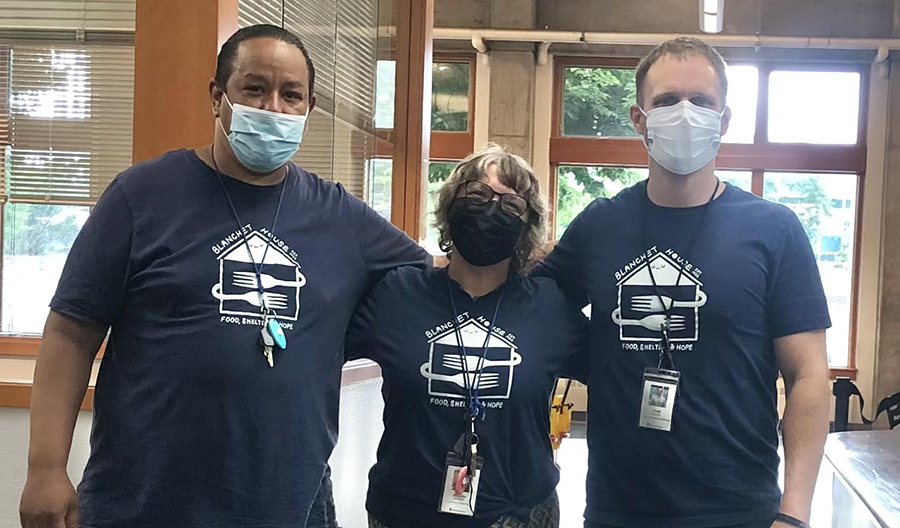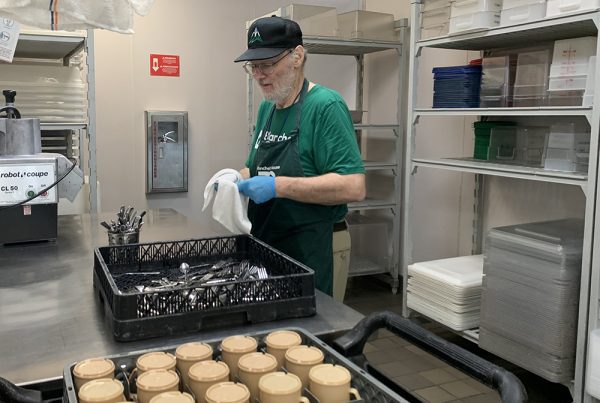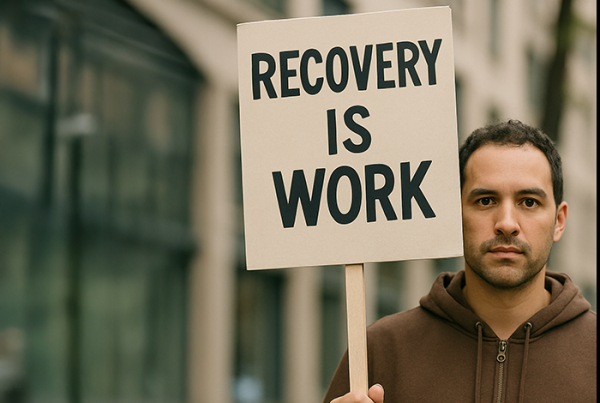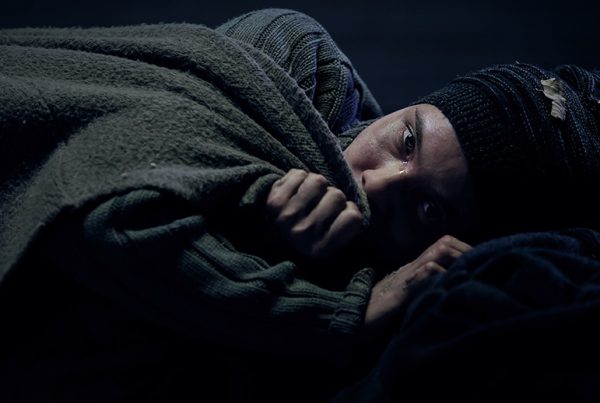Slowly but surely nonprofit collaboration is happening in Portland.
By Scott Kerman
I hear this a lot.
“The problem is that the nonprofits aren’t connected. They aren’t working together.”
It may look that way, but it’s not true. Not completely, that is.
There are a lot of charitable organizations serving housing and food-insecure people in Portland. Probably hundreds if you count all of the grassroots mutual aid groups and faith-based groups. Most serve a section of the city local to them, and a few large nonprofits are able to serve throughout the metro area. It’s a big group doing lifesaving work.
Portland nonprofit collaboration is happening, and it’s making a difference. Let me share a few examples with you.
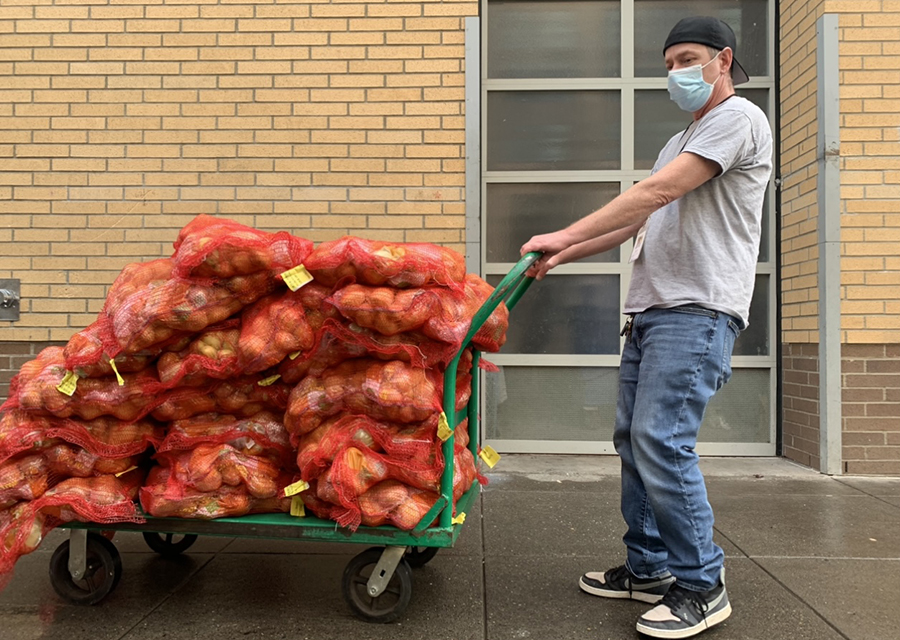
Surplus donated onions are re-donated to a Portland nonprofit partner.
Food Sharing
In 2020, during the early weeks of the COVID pandemic, Blanchet House found itself in the position of receiving a lot of donated food. I mean close to 80,000 pounds of food in a matter of weeks. We were essentially the only free meal provider open to receive food at the same time that restaurants were shutting down due to the pandemic.
We were like Bubba Gump Shrimp – the only boat in the Gulf during the storm. And since then, we’ve remained a go-to agency for surplus food donations.
Of course, we couldn’t use or safely store 80,000 pounds of food, so we had to find a way to share it. So, we created a food re-donation program. Since then, our staff reaches out to other aid groups to offer them excess fresh, unexpired food we don’t require for our services. They pick it up and prepare it into meals furthering our mission’s reach.
This program has created other opportunities to share–clothing, sack lunches, water bottles, and hygiene items. We’ve also partnered with colleague agencies to prepare meals for emergency shelters that open because of severe weather.
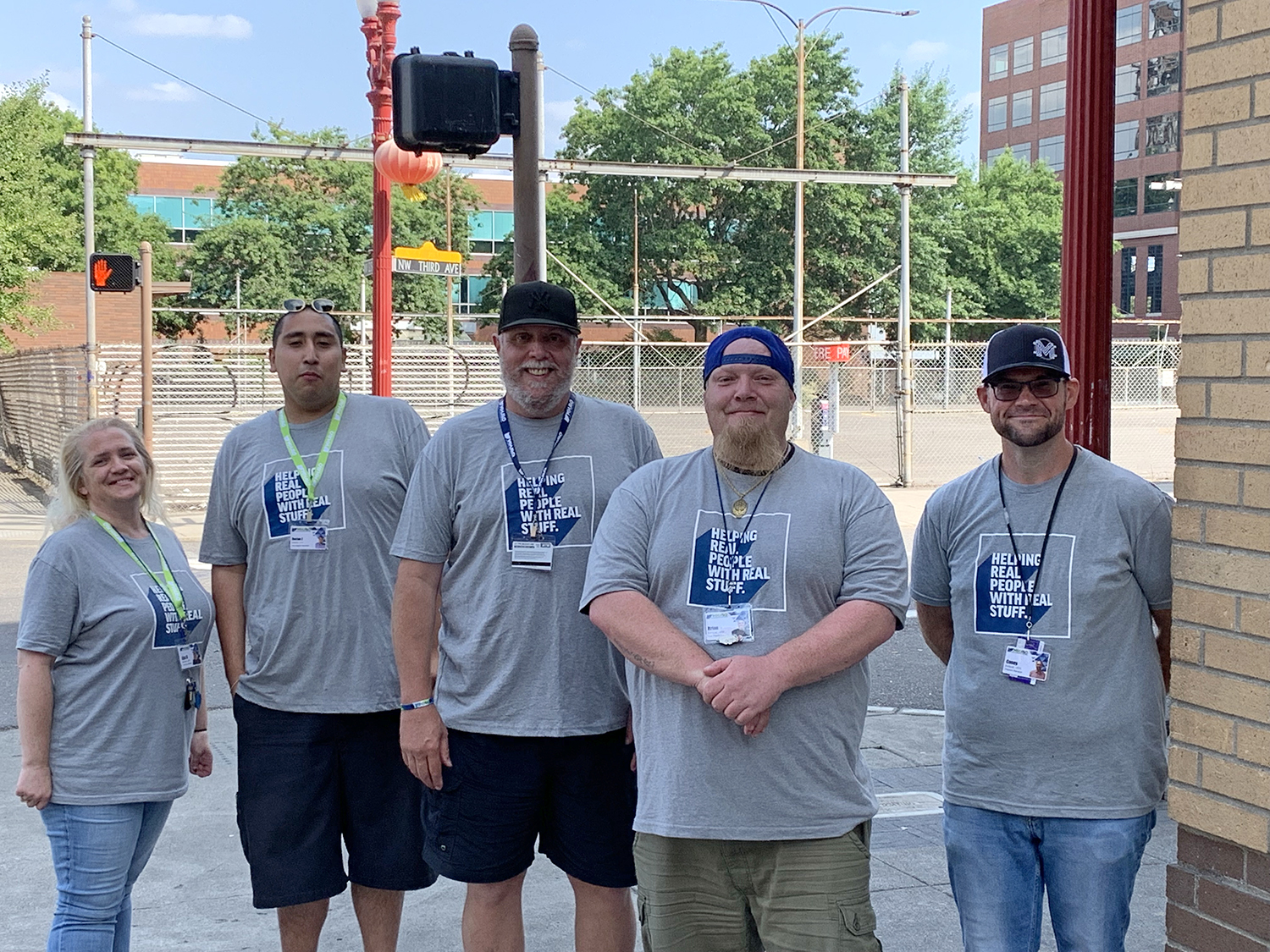
Peer Support Specialists with Portland’s Old Town InReach Program.
Staff Sharing
Perhaps the most promising collaborative effort to happen recently is the Old Town In-Reach Program (OTIP). OTIP’s peer support professionals rotate between four nonprofits–Blanchet House, Rose Haven, William Temple House, and Maybelle Center for the Community. These agencies serve similar individuals within the housing and food insecure community.
I pioneered this program, nurturing it over many months by collaborating with other nonprofit leaders until it was ready to present to Multnomah County for funding. It’s exciting to see something that started as a simple idea grow into a program that provides much-needed and effective services.
OTIP is evidence of what private nonprofits can do when their collaborative ideas are supported by our local government. Nonprofits are creating programs to provide the direct service personnel required to address our community’s profound needs.
Future Sharing
How do we continue to create more efficiency and collaboration between our city’s aid groups? In a word, we need funding.
We can provide the inspiration, expertise, and creativity to address our community’s extensive challenges, but as small, private organizations, we don’t always have the financial ability to put these ideas into action.
If the local government provides the funding, we will hire the workers our community needs to fill critical gaps in our service environment. We’ll bring renewed life and hope to downtown and adjacent neighborhoods.
Speaking on behalf of Blanchet House, we are ready to collaborate to repair and heal our community.
Scott Kerman is the Executive Director of Blanchet House.














